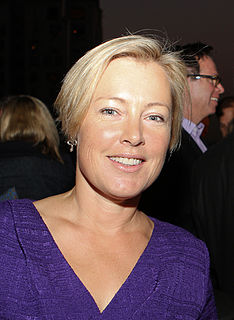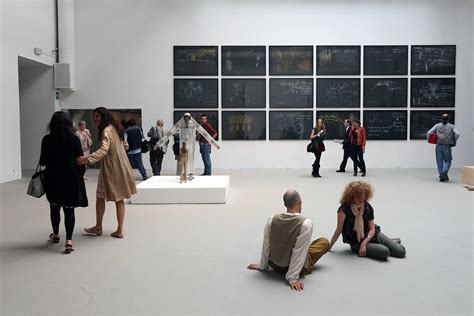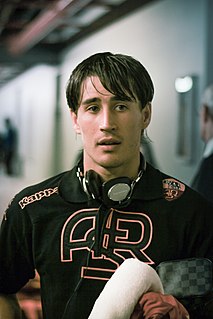A Quote by William J. Bernstein
You have to understand what market history looks like. What market history tells you is that the very, very best investments are made when things look the worst.
Quote Topics
Related Quotes
I think President Barack Obama is going to be treated very, very well by history in terms of his ability to save the economy. And that's certainly true in rural areas. The unemployment rate is substantially reduced, the poverty rate is down, and in large part because of the investments that were made during the Recovery Act and thereafter, historic investments.
The Middle East would always be an important trading partner in just a market sense, like America is a big market for us, Asia is a big market, Europe is a big market. You are going to have hundreds of millions of consumers there, from just a standard market point of view, from a very narrow American point of view.
The mistake managers often make is defining their industry too narrowly. Digital's market share in the minicomputer market stayed very robust even as it fell off the cliff. Disruption seems to come out of nowhere, but if you know what to look for, you can spot important developments well before the market does.
The function of traditional history is to create a citizenry that looks to the top - the president, Congress, the Supreme Court - to make the important decisions. That's what traditional history is all about: the laws that were passed, the decisions made by the court. So much of history is built around "the great men." All of that is very anti-democratic.
I believe in market economics. But to paraphrase Churchill - who said this about democracy and political regimes - a market economy might be the worst economic regime available, apart from the alternatives. I believe that people react to incentives, that incentives matter, and that prices reflect the way things should be allocated. But I also believe that market economies sometimes have market failures, and when these occur, there's a role for prudential - not excessive - regulation of the financial system.
On a very, very basic level, I'm definitely pro market because with the market comes the idea of the individual and the idea of specialisation, and I personally like being an individual and choosing my interactions. I don't see culture moving away from that, like back to a farming society. You couldn't do that with the amount of people we have.

































